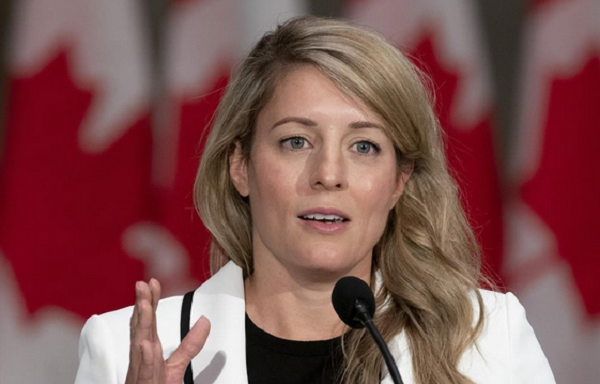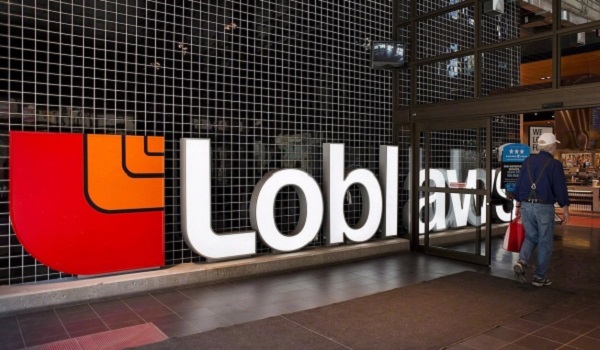South Africa ANC losing popularity as coalitions of parties emerge
After serving six years in prison for fraud, Kenny Kunene soon became one of South Africa’s most flamboyant businessmen. The media called him “the Sushi King” for his headline-grabbing parties where he served sushi from the prone bodies of semi-naked female models.
Then he discovered an even more exciting career: politics. He and his friend Gayton McKenzie, a convicted bank robber, formed the Patriotic Alliance (PA), a small party with a populist anti-immigrant agenda. And after Wednesday’s national elections, they could emerge as kingmakers in new coalition governments in some of South Africa’s major regions.
The eroding popularity of the African National Congress, which has ruled the country since apartheid ended in 1994, is opening the door for a new era of coalitions, featuring a slew of smaller parties that never had a taste of power before. The ANC is still projected to win Wednesday’s election, but it seems likely to fall below 50 per cent for the first time in a national vote.
While the ANC can maintain its grip on national power by negotiating a deal with one or two moderate parties, it will struggle to form coalitions in key regions such as Gauteng and KwaZulu-Natal, the two most populous provinces, where its support has sharply deteriorated.
This, in turn, could give lucrative leverage to the PA and other small parties. The PA has already tested the strategy at the municipal level. In Johannesburg last year, the PA manoeuvred itself into an ANC-led coalition government – and now the “Sushi King” is in charge of the transport portfolio in the country’s biggest city, giving him control of bus and road contracts.
The ANC was once a broad church, a multiracial movement that bridged South Africa’s deep racial and ethnic chasms. It won as much as 66 per cent of the national vote in 1999. It still commands loyalty from millions of voters who see it as their liberator from apartheid rule.
But multiracialism is losing support. The country’s persistent inequality, its worsening unemployment and stagnating economy have been fertile grounds for new populist parties – many of which are ethnic-based, catering to identity politics or narrow interests. This leaves the country increasingly fragmented. Wednesday’s ballot papers will feature a remarkable 70 parties, including 31 new parties.
Former president Jacob Zuma, who was forced to resign in a corruption scandal in 2018, has inflicted damage on his former ANC comrades in this election by forming a new party, MK, which emphasizes its links with the Zulu people, the country’s biggest ethnic group. Its support runs as high as 14 per cent in national opinion polls, and much higher in its stronghold, KwaZulu-Natal, where it is likely to wield influence in coalition talks after the election.
Mr. Zuma’s new party is named after the ANC’s former paramilitary wing, uMkhonto we Sizwe (“Spear of the Nation”), and he has vowed to launch a “new people’s war” against the influence of white capitalists. He wants to abolish the constitution and the current parliamentary system, giving power instead to Zulu royalty and other traditional tribal chiefs.
The PA, meanwhile, aims to capture votes from South Africa’s mixed-race community, which was given a separate status in the apartheid era. There are persistent reports in local media outlets that Mr. Kunene and Mr. McKenzie have unofficial connections to mixed-race gang leaders in the impoverished communities around Cape Town.
The PA is running at less than 2 per cent in the national polls, but somewhat higher in several provinces. With its recent eagerness to join coalitions in Johannesburg and several other towns and cities, it is seen as a likely partner for the ANC or MK after the election.
The PA is seeking to exploit a growing anti-immigrant mood in South Africa, which has worsened as unemployment rises. It openly calls for the mass deportation of foreigners, blaming them for the country’s high crime rate, despite the lack of evidence for this claim. In an echo of Donald Trump, it wants to build a huge wall along South Africa’s border with Zimbabwe to keep migrants out.
It also wants to restore the death penalty and conscription. “The country needs an iron fist, and my fist is pure iron,” Mr. McKenzie told one local interviewer.
He captured the national spotlight in January when he and his gun-toting supporters travelled to the Limpopo River, the border between South Africa and Zimbabwe. He posted a social-media video showing his armed men shouting furiously at several Zimbabweans who had begun wading across the river, apparently forcing them to turn back.
Voters are increasingly lured by populist messages as they become disillusioned with the ANC and older establishment parties. A poll released last week by Afrobarometer, a major African survey agency, found that 85 per cent of South Africans felt the country was going in the wrong direction, compared to 46 per cent in 2011.
Nearly half of South Africans, in the same poll of 1,800 respondents, said that they did not feel close to any political party. And nearly one-third said they were undecided about who to support in Wednesday’s election, or would not disclose a preference, making it impossible to predict the results of the vote, Afrobarometer said.
This article was first reported by The Globe and Mail












